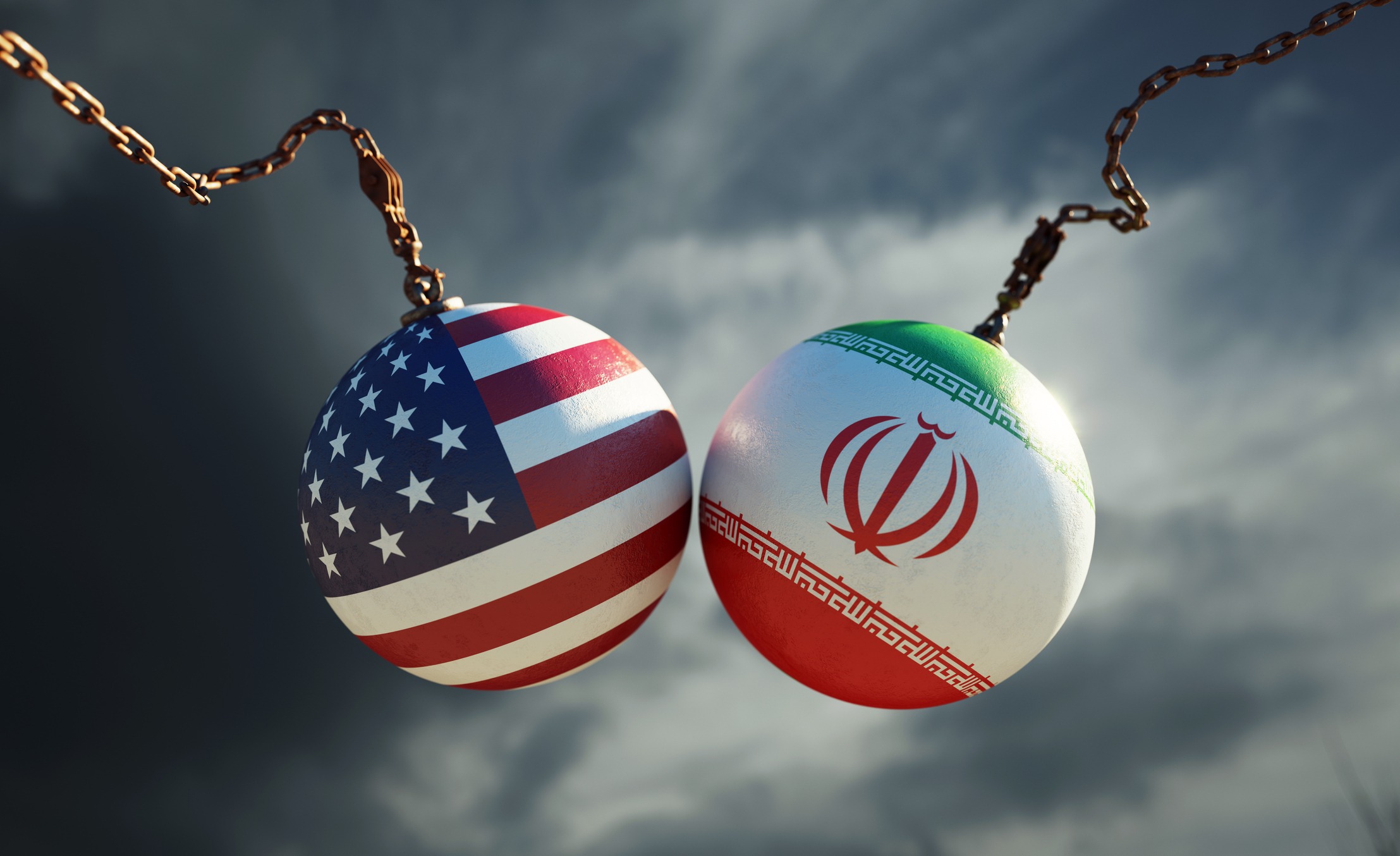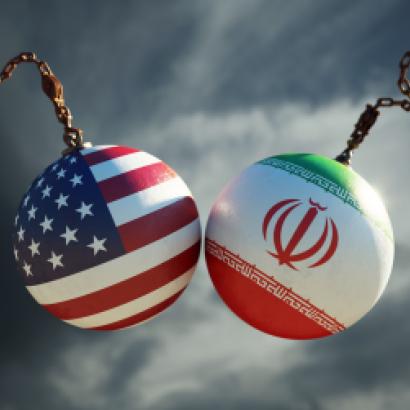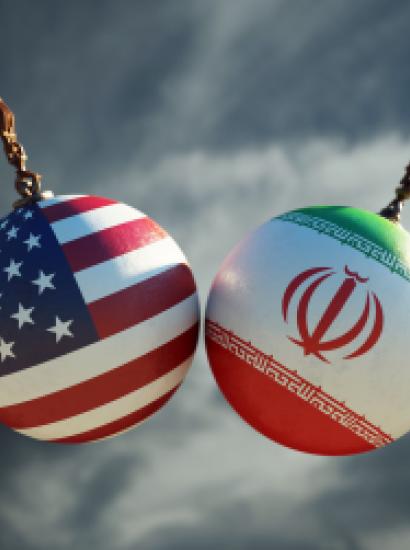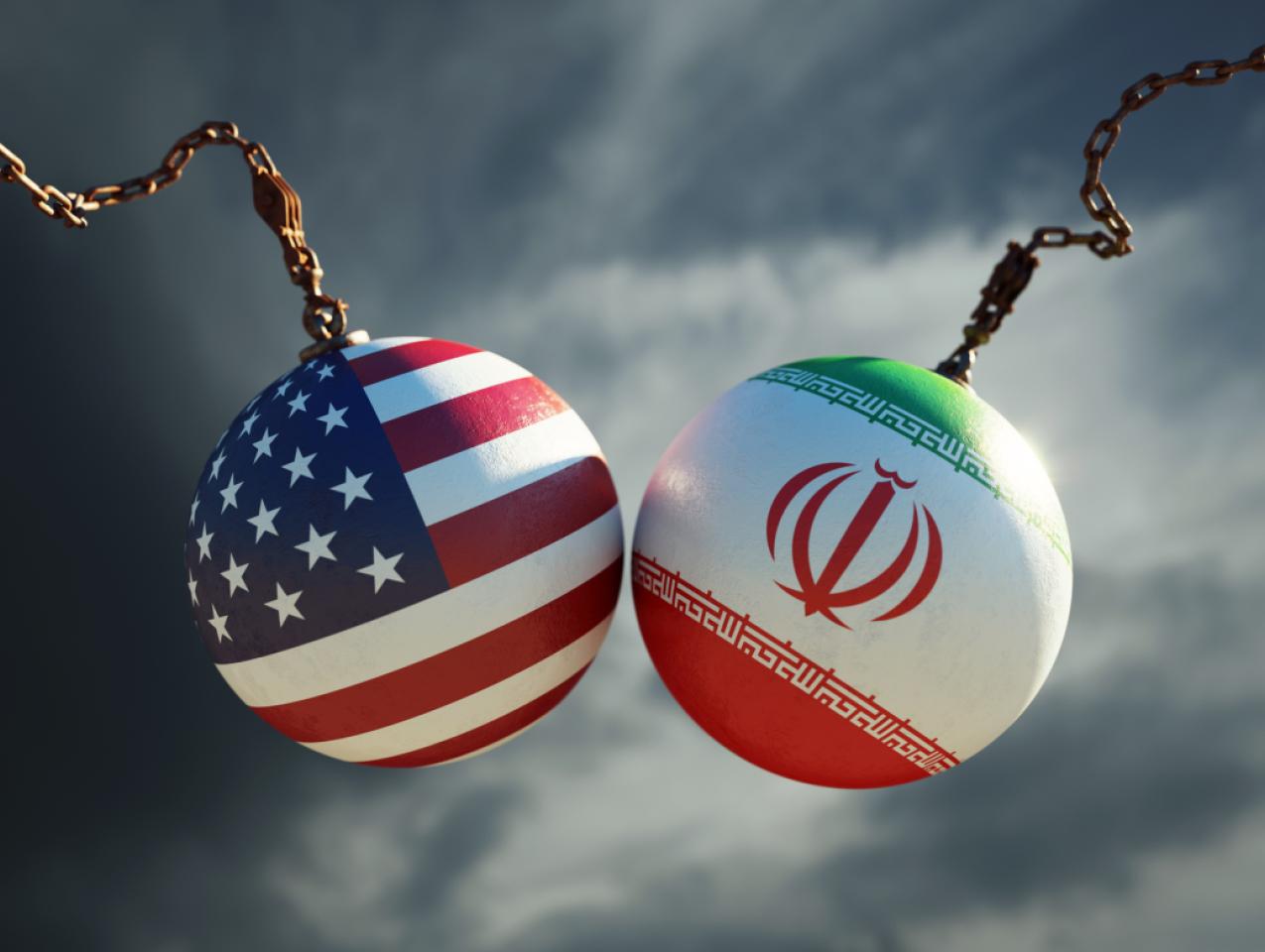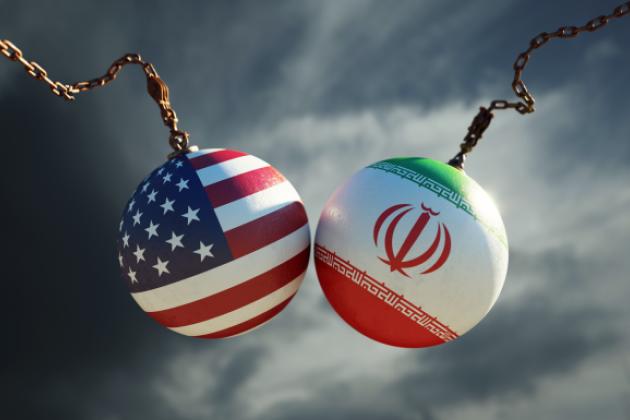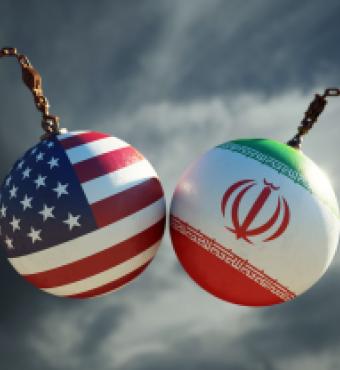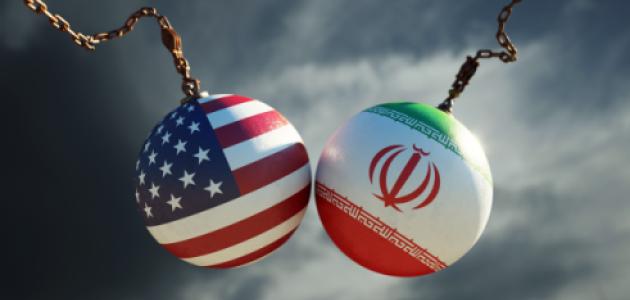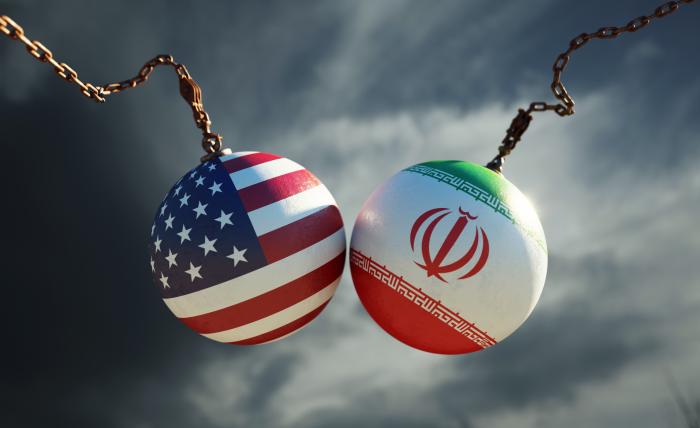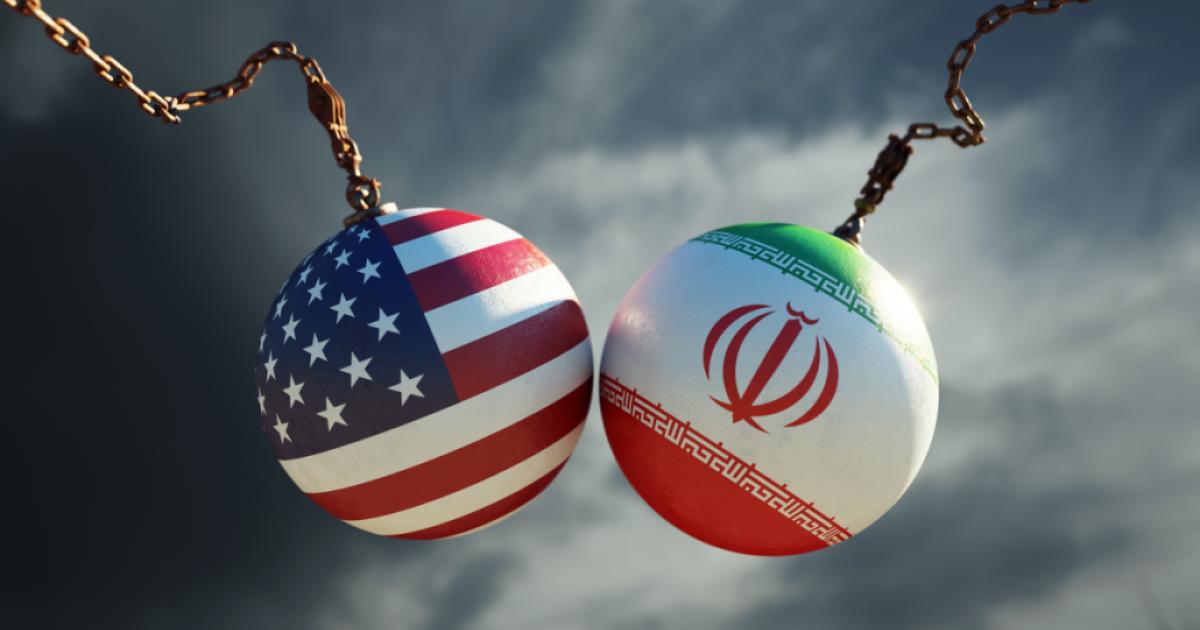- International Affairs
- Key Countries / Regions
- Middle East
- US Foreign Policy
- Revitalizing History
The negotiations in Vienna about a return to the JCPOA are continuing, at least as of this writing in late May. Perhaps there will be a breakthrough soon, one way or another, even before this Caravan goes to press, or the talks may drag on into the summer until a compromise is reached or until one side decides to call it quits.
It is pointless to make predictions, but it is certain that the outcome will matter a lot to American national interest. An American capitulation to lift all sanctions without Iran returning to the terms of the JCPOA--as well as to additional measures concerning sunset clauses, ballistic missiles, regional destabilization and human rights violations--will be a strategic defeat for the United States. On the other hand, an expanded Iran deal that includes those additional terms could be a significant diplomatic victory for Washington, as well as a boon for the Iranian people, the stability of the region and global order.
While we may end up somewhere between those two poles, the nature of the eventual agreement matters a great deal to US national interest. In order to evaluate that outcome, it is necessary to recall what the stakes are for the US in the Vienna negotiations: both the positive reasons for the US to constrain Iranian power and those other reasons, sometimes invoked by deal supporters, that are not pertinent or even incompatible with US interests. It's time to separate the sheep from the goats.
The foremost reason driving American interest in Iran is geopolitical. The US is still the single superpower with global (but not unlimited) responsibilities. To play a global role, we need to be able to project our power outward. Yet our great power competitors and near peers (China and Russia) want to limit our reach, including by driving the US off the Eurasian landmass. Just as they value North Korea as an anti-US force in northeast Asia, they want Iran to play a similar role in southwest Asia. If we withdraw, i.e. if Iran succeeds in pushing us out of the Middle East, our adversaries will move in to run the show, defining security, commerce and rights on their terms, not ours: a major loss to American influence.
The second reason to insist that any sanctions relief only take place on terms favorable to the US has to do with the nature of the Iranian regime. Anti-Americanism is at the ideological core of the Islamic Republic: not because it is Islamic but because it has been driven by hatred for the US, starting from the takeover of the American embassy in Tehran in 1979. American negotiators in Vienna today should not betray the memory of their diplomat colleagues who were held hostage for 444 days with the regime's blessing. Giving a win to the death-to-America crowd will not serve the national interest, honor or pride.
Third, the US--for its own sake and as global leader--has an existential interest in halting the spread of nuclear weapons. Their destructive potential hardly needs to be described, but one should especially recall the potential for a nuclear Iran to share that technology with its terrorist proxies. Although the JCPOA was sold as an instrument to prevent Iran from acquiring the bomb, that salesmanship was fraudulent from the start. The mandated inspection regime proved to be a farce, and the sunset clauses merely postponed the timing of the bomb. Genuine non-proliferation requires a new agreement. Even Secretary Blinken was once calling for a better treaty, "longer and stronger."
Fourth, American global power relies on cooperation with regional allies, in this case primarily Israel, Saudi Arabia and some of the smaller Gulf states. Yet Iranian policy pursues regional destabilization via proxy forces that wage war against these allies: Hezbollah and Hamas against Israel and the Houthis against Saudi Arabia. Nor should one discount the potential of direct assaults, not mediated by proxies, from Iran against Saudi Arabia, via ballistic missiles and drones, or even a nuclear attack on Israel. In order to rely on our allies, we have an interest in eliminating these threats. Therefore, any sanctions relief should be conditioned on enforceable prohibitions against destabilization. To accept anything less would reveal a profound inconsistency in Washington's thinking: because the administration has promised to support both Israel and Saudi Arabia in defending themselves, it makes no sense for it to provide their mortal enemies with greater resources through unconditional sanctions-relief for Iran.
Fifth, a bellicose Iran can upset shipping in the Gulf, damage the world economy, and therefore the American economy as well. Key allies--as well as adversaries--depend on Gulf oil, and a post-sanctions Iran will occupy an important role in that sector. Preventing Iran from playing a spoiler role and structuring the character of the global energy sector are both legitimate American goals. One must nonetheless recognize the inconsistency in the administration's exploring the possibility of a reentry of Iranian oil onto the world market, while it shutters non-renewable energy infrastructure at home, allegedly for environmental reasons. A genuine "green new deal" for Iran would mean stopping its oil exports altogether.
Sixth, but by no means of least importance: human rights. According to the State Department's own assessment, the Islamic Republic of Iran is a major violator of the human rights of its citizens. Political prisoners have no recourse to fair trials, and they face torture and inhuman conditions in Iran's jails. Women are incarcerated for refusing to wear the veil, and critical journalists have been executed, with the notorious case of Ruhollah Zam standing for many. Because the Biden administration has promised to put human rights at the center of US foreign policy, it ought to insist that the Vienna negotiations also address this record. If America wants to stand for human rights, it should be doing so here too--another reason why Iran matters to US values.
Unfortunately, human rights do not seem to matter to Washington when it comes to Iran. There is no evidence that they are part of US chief negotiator Robert Malley's portfolio. Indeed, many of the above legitimate reasons to engage with Iran do not inform the Biden administration's approach. Instead, current American diplomacy concerning Iran reflects eccentric ideological orientations and dubious commitments that have little to do with American national interest. These are the wrong reasons to be in Vienna.
First, a key driver appears to be political in the most partisan sense. Because it was President Trump who withdrew from the JCPOA, the Biden team wants to return to it--not because of any substantive estimation of the strategic implications but simply in order to "untrump" policy, and therefore return to Obama-era positions, merely for the sake of returning. This is literally a reactionary approach that substitutes unprofessional political posturing for national interest and strategic calculations.
Second, the return to Obama-era thinking involves the bizarre proposal that Iran and Saudi Arabia learn to "share" the region. An effort by Washington to impose this sort of solution has a colonial ring to it, an implicit redrawing of borders by a distant power, out of touch with on-the-ground realities. Given the nature of the regimes, asking Riyadh and Tehran to share is analogous to proposing that Tokyo and Pyongyang share the Sea of Japan. While the imagined goal of this condominium fantasy would be greater stability, the real-world outcome will be violent disorder, especially if there is no Washington pressure on Iran to rein in its proxies.
Third, the misguided tilt toward a pro-Iranian (and de facto anti-Arab) policy by the Biden administration reflects the ideological bias of the progressive sector of the Democratic Party. Progressives display an endemic hostility to Saudi Arabia because it is a conservative monarchy--despite its genuine reform program--while they indulge in romantic affection for the revolutionary regime in Iran, no matter how brutal. In this view, the worst anti-imperialist dictator is preferable to the best reformist king. Because of an underlying assumption that the West and especially the US are guilty of causing all suffering in the world, they draw the policy conclusion that America's enemies are automatically right and our allies are always wrong.
Fourth, as noted above, there are vital reasons to pursue nuclear non-proliferation. However, pursuing a return to the JCPOA as originally written does not achieve that goal. While its defenders present the original deal as blocking Iran's path to the bomb, in fact, all it offered was camouflage, perhaps delaying the nuclearization, but actually legitimating it after the lapse of the sunset clauses. If one's goal is withholding nuclear weapons from Iran, a return to the JCPOA is not the answer.
Fifth and finally: the engagement with Iran is not about regime change. American national interest involves blocking access to weapons of mass destruction, reining in the missiles program, ending regional destabilization and promoting human rights. If the regime in Tehran can achieve those ends, presumably under the pressure of a sanctions program, there is no supplementary interest in regime change. However, given the nature of the revolutionary ideology, as soon as Iran begins to moderate its regional and domestic behavior, the internal coherence of its political project is likely to dissipate and domestic opposition will burgeon. Regime change might then occur, driven by internal political processes, not outside interference.
In short, there are plenty of very good reasons to try to reach an effective agreement with Tehran, but no deal is better than a bad one. Genuine US national interests are at stake in restraining Iran's destabilizing ambitions. However, in the aftermath of the original JCPOA in 2015, Iran gave no indication of any interest or intent in modifying its malign activities. On the contrary, matters grew worse then, and they are worsening again now, despite the negotiations, as proxies in Yemen and Gaza ramp up the violence. A new deal that fails to reduce the Iranian threat, direct as well as indirect, would do the US a grave disservice.







